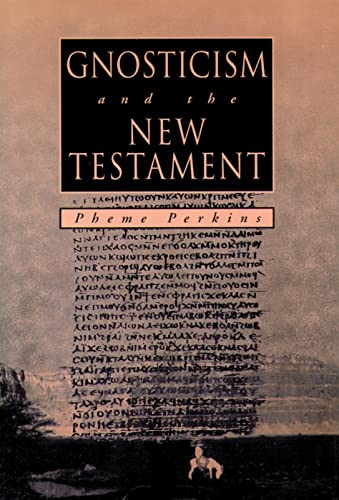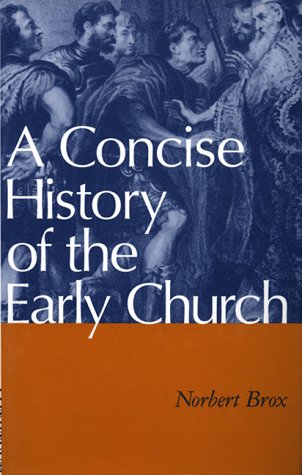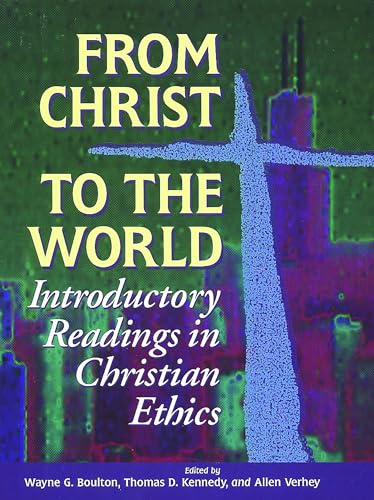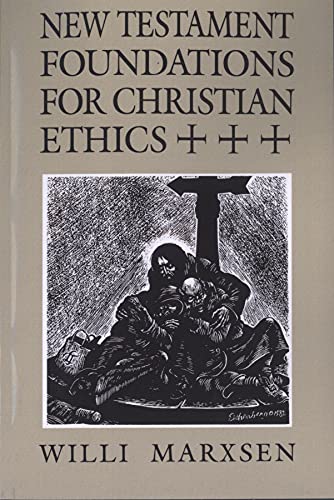Shekhinah/Spirit: Divine Presence in Jewish and Christian Religion (Studies in Judaism and Christianity)
Written by Michael E. Lodahl Reviewed By M. BockmuehlSome readers may approach this book expecting a thorough treatment of the doctrines of the Holy Spirit and the Shekhinah in the classic Christian and Jewish sources. They will find themselves disappointed. The author’s knowledge of the historic texts of normative Judaism and Christianity is limited and mediated through secondary literature. Once this is appreciated, however, this book does offer some interesting perspectives on the modern trinitarian debate.
Lodahl’s purpose, in a nutshell, is to construct a post-Holocaust process pneumatology. That is to say, he reinterprets the doctrine of the Holy Spirit from the perspective of an empiricist process theology that is at the same time informed by the concerns of Jewish-Christian conversation over the last half-century. The Introduction lays out the author’s methodological assumptions, including his commitment to process philosophy and a corresponding pneumatology exclusively ‘from below’, along with the desire to redress the ‘anti—Judaic’ and other inadequacies of traditional Christian pneumatology as focused on Jesus and the church.
Part One proceeds to offer a fuller critique of the supposed link between Christian pneumatology and anti-Judaism in the NT and in certain modern theologians. In their ‘troubling insistence on a trinitarian perspective’ (p. 31), Christian theologians have been guilty of ‘exclusivism’. There follows an all-too-brief (16-page) survey of ‘divine presence in Jewish experience’, which is heavily dependent on secondary literature and supplies the only biblical and rabbinic data for the remainder of the argument in this book. This material is then appropriated for process theology, with implications for Christian trinitarianism (the meaning of which is taken for granted and for which no comparable survey of sources is supplied).
Part Two attempts to shed light on the relationship between the Holy Spirit and the problem of evil. The author’s chief points of reference are found in the Jewish Kabbalah, specifically the Zohar and the thought of Isaac Luria (1534–72). Here Lodahl discovers what he calls a ‘hermeneutic of exile’, in which God himself is banished by the brokenness and evil in his own creation, thus participating in the experience of exile (galut)while human beings are called to take an active part in the work of tikkun, the mending of the world. The author then attempts to link this thought world with modern deconstructionism’s experience of ‘emptiness’ of texts, finally suggesting an approach to the Holocaust which lends itself to process pneumatology by way of a hermeneutic of exile.
Part Three, finally, develops a ‘Shekhinah Christology’ that focuses not on the person of Christ but on ‘pneumatic moments’ in his human life and ministry, i.e. experiences of the Holy Spirit’s activity in and through him. The concluding chapter duly anchors this phenomenological approach to pneumatology in a process-oriented understanding of God’s presence as eschatological Spirit.
Having overcome their initial disappointment at the lack of rigorous interaction with classic primary sources, readers may still discover a number of stimulating insights here. These include a welcome re-emphasis on the dynamic, ‘unpredictable’ aspects of the Holy Spirit in much of the Hebrew tradition, and the desire for a view of God’s presence which can stand up to the 20th century’s harrowing experiences of his apparent absence. The rediscovery of a ‘hermeneutic of exile’ in the Kabbalah is a particularly useful contribution, as indeed it must surely be right to enlist the rich resources of the mystical traditions in our contemporary quest for theodicy.
Nevertheless, this work in the end begs more questions than it answers. Despite the author’s interest in divine presence there is little discussion of the problem of revelation (entries for revelation, Torah, angels, Logos or Memra, etc., are absent from the index). The bibliography lists very few scholarly works on the Shekhinah, and no literature in languages other than English.
Methodologically, one might further note that while Lodahl frequently finds fault with the NT and Christian tradition, his view of OT and rabbinic literature is consistently sympathetic and uncritical. More seriously, perhaps, Lodahl is silent about much of the Christian tradition’s struggle with the problem of suffering, and shows little awareness of Christian mysticism. This is in part because of his almost axiomatic presupposition that the church has been mistaken to think of the Holy Spirit as the Spirit of Christ. (In a small but telling indication of his rather sweeping judgments in this regard, a footnote (p. 11 n. 8) names Jürgen Moltmann, inter alia, as an inadvertent exponent of tritheism [sic.)] This assumption in turn gives rise to a serious Christological deficit. Why, for instance, is there no attempt to relate the death of Christ to the problem of exile, as this seems to be done in the NT’s reapplication of OT restoration prophecies? Lodahl’s a priorirejection of the idea that the Holy Spirit might in any sense be linked with the ‘Spirit of Jesus’ (Acts 16:7; Phil. 1:19; cf. Rom. 8:9; 1 Pet. 1:11), together with his process-oriented approach to Christology through ‘pneumatic moments’, leaves him with an Arian Christ and an impersonal Spirit.
M. Bockmuehl
The Divinity School, Cambridge







